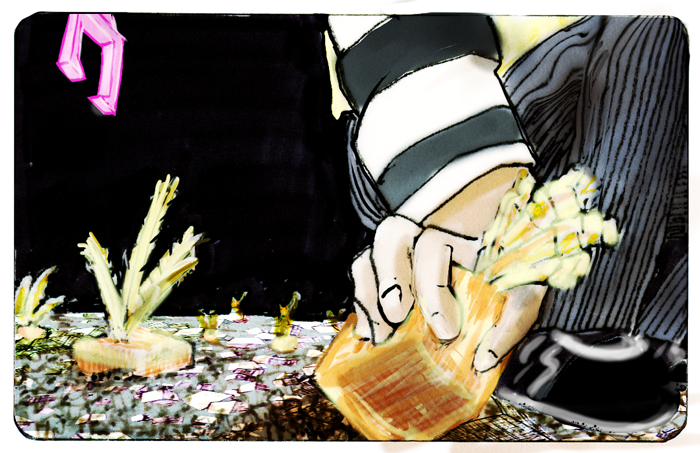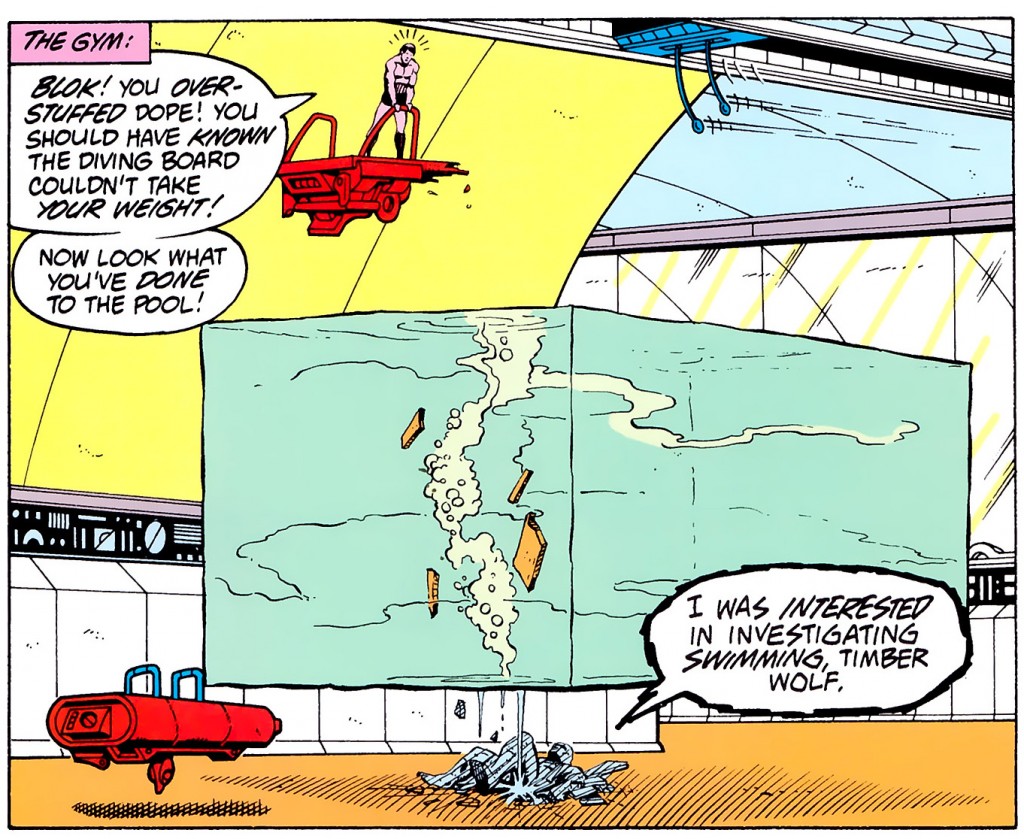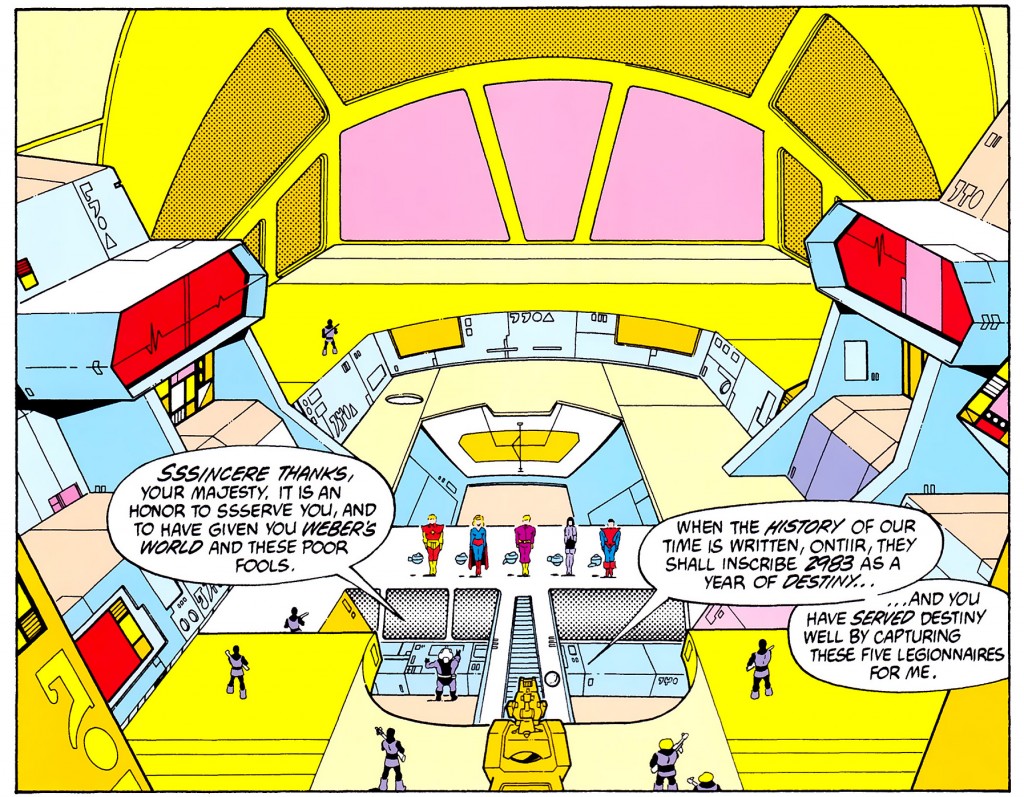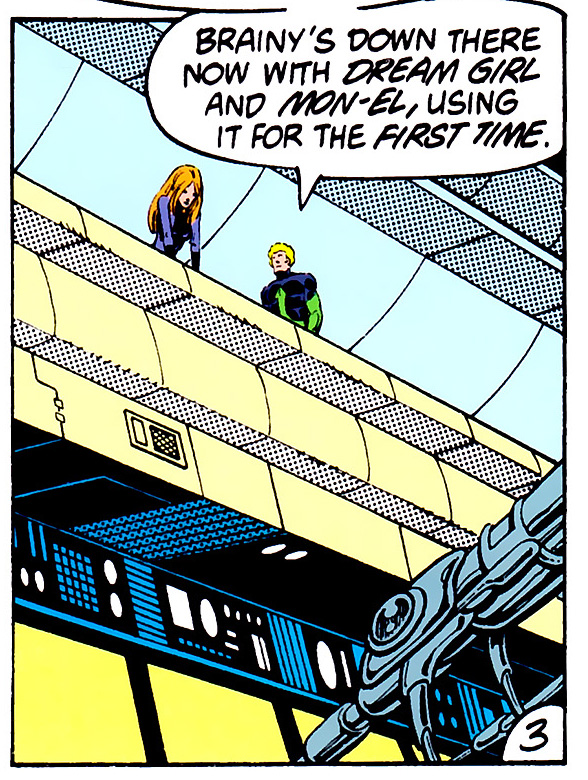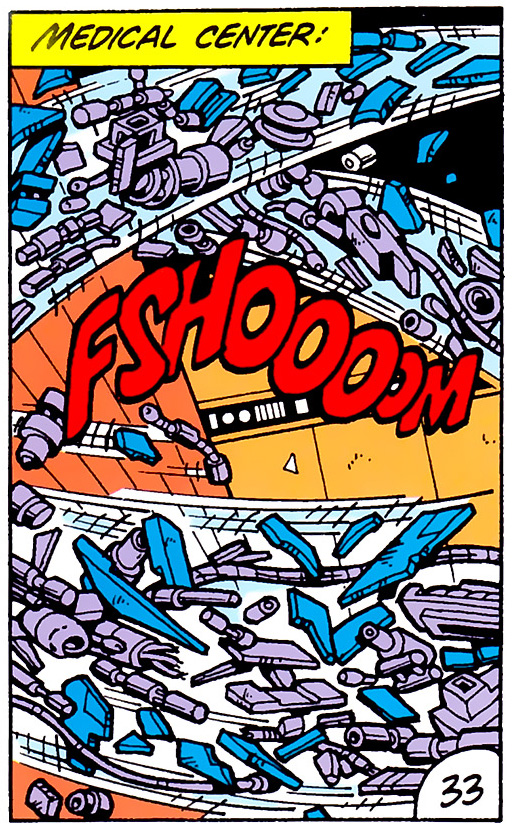How to set up a convention and how to not set up a convention (and also Feef #087)
on November 4, 2013 at 0905I’ve been to enough conventions that I’m starting to get some opinions about what and does not work. Maybe you’re planning a convention or an art show, let me summarize my findings for you:
1. Don’t. Don’t!!! If you are not absolutely committed to spending months of your life planning and promoting this show, don’t bother. Believe me, the road will not rise to meet you on this one. Every hour of toil and sweat and money you put into this translates into one or two more people that will come to your show, and that is all. So if you’re going to have a show that’s big enough to not be embarrassing, then you’re looking at many, many 40-hour weeks. This is not an exaggeration, I’ve seen up-close what it takes. Your volunteers will not “be there for you” because you need hundreds of hours of their time and they can only give you tens and twenties. If you can’t devote your life to the show, pay for everything that needs paying, and then put in a month of sixty-hour-weeks in the month before the show, this is not for you.
2. Go back and read that again. There is nothing easy about putting on a good show. If you don’t put in the time and effort, you will have a tiny and weird show that nobody really cares about. There’s no second place prize here — either your show is big enough to attract at least a couple hundred people, or you will not sell enough to make it worth your artists’ time.
3. I’m back and forth on table fees. You need the money to get the show off the ground, so you sort of have to charge them. But the table fees are the easy part. Getting the artists, that’s the easy part. Your effort needs to be spent making sure the artists don’t feel ripped off, and that’s the hard part, and that’s the part that you have to get right if you don’t want a lot of resentful artists. So charge table, and charge enough to make it worth your while to do the show. But don’t get greedy, especially if it’s your first year and you’re not sure you can deliver.
4. Don’t charge door. Make your money on tables, merch, and concession. Don’t charge door because you want people in there, and you want their last $5 going to the artists, not to you. You want walk-by traffic, and you don’t get that with a high door charge.
5. Alcohol. I’ve been at shows with alcohol and without alcohol. The ones without the alcohol might as well not have bothered. I know the TABC is an enormous hassle. They want a lot of money too. You have to do it. The only way to get people to spend substantial money in a gallery or convention setting is to beer and wine them up. If you’re putting on the show, you have to do this.
6. Go back and read #5 again. It’s so important I’m almost temped to make it bright red and 10,000 pixels high. Serve alcohol or don’t bother.
7. Put the show someplace that people can walk to it. Preferably where they can walk by it. Some people will travel to a strip mall on the dark edge of town for your show, sure. They are your old reliables, and they will follow you anywhere. You already have them. You need more than them. You need to be where somebody can accidentally discover your show and realize it’s the best thing in the world.
8. You need name guests. Fortunately there are many names these days, and somebody’s stock is always up and somebody’s stock is always down. Look for the ones who used to be up and are now down. Names bring people to your show, so get them. What you’re trying to get the public at large to say is, “Hey, let’s go to this show, they have ______ there!” And, let’s face it, if ______ = “comics” you can do better, you want _______ to equal the guy who voiced Donatello in the TMNT cartoon or the guy who drew Booster Gold or something more specific than “comics.” Even “zombies” is better than “comics.”
9. Speaking of zombies, a gimmick is not a bad idea at all.
10. Give your artists room to move. Instead of trying to make all the money you can from squeezing people onto a table, give a fewer artists more space to wow the audience. It is sheer insanity to pack three artists into a six-foot space, especially when they don’t know each other. For the love of god, do not put three artists on a six-foot-table.
In case you can’t tell, I just left a show where they tried to do that, and that is why I am writing this article right now instead of sitting at that show. It makes a miserable experience for all the artists, it makes them hate and resent each other, and the customers get nothing out of it.
You, the organizer, will be much, much more excited about this if you are selling merchandise, concessions, and alcohol, by the way, so motivate yourself that way. Don’t chase pennies squeezing artists in like they’re airline passengers. Pick the best artists that offer themselves, keep the number down a bit so they can actually put up a show that the customer will want to see, and let them drive traffic for your merchandise and concessions.
11. Don’t think of yourself as someone who vends tables to artists. Think about yourself as another vendor, just like the artists, who happens to have a lot more responsibilities. If that takes some of the fun out of it for you, good. I think I mentioned that planning a convention is not actually fun.
Make your money from your table, not everybody else’s table. It’s your show, you have the most prep time and you set it up how you want to — give yourself table, and give yourself a good spot. Put it near the alcohol, for the love of god — the closer you are to the beer, the more you sell. Find somebody smart to run your table, and watch everybody earn. MCBA has this trick down. Litsa’s BYOBeard show did an excellent job with this, because she just sold everybody’s prints for them and took a reasonable commission. That’s also the way European conventions do it.
12. You will absolutely need to have large amounts of ready cash to instantly solve problems that you never thought would ever happen but will still derail the show entirely. I saw one show go to the dogs because somebody stole the lightswitch. It was a fancy light switch and could not be replaced or worked around without throwing thousands at the problem, so the show went on in the dark, and that meant the show was very bad that year. If the organizer had had thousands of dollars to order a new fancy lightswitch from Dallas and been able to pay somebody to drive out there and drive it back like a bat out of hell, then the show would have been saved. But they did didn’t, so it wasn’t. You will need loads of money when you least expect it. If you don’t have it, it will capsize your show. It won’t be your fault, but nobody remembers what a great time they had at the excuse last year.
13. Don’t do it. Organizing a good show is not for everybody. I was frankly astonished by how much work it is. And I’m not saying it’s distributed among the team, because it never is. It’s amazing when there’s even two people to share the workload — usually all responsibility seems to devolve to one person. You will resent your friends for not helping as much as you hoped they would when it became apparent to everyone that it was going to be a lot more work than you thought it would be. You will run out of money. You will be tired, you will get hurt. At the end of it, sure, you’ll have an awesome show that you built, and a city full of people with great memories of working with you and coming to your show, and maybe you’ll even make some money if you were smart and got the TABC license and sold beer or at least gave away some wine. It will actually be totally worth it. But that’s only if you did it right, and you did it all, and you spent the hundreds of hours, and you lost the friends, and you went thousands of dollars into the hole. If you half-assed any part of that, you won’t even have a good show to look back on.
Anybody can get 50 people to come to a show. Make some posters, tell your friends, put it on Facebook, give away some food and wine. I can get 50 people to a show. 300 people to a show, that’s when it starts to be worth the trouble. And that’s also where it starts to be trouble. A thousand people to your show? Better go back and read this article again. Are you sure this is how you want to spend your year?
